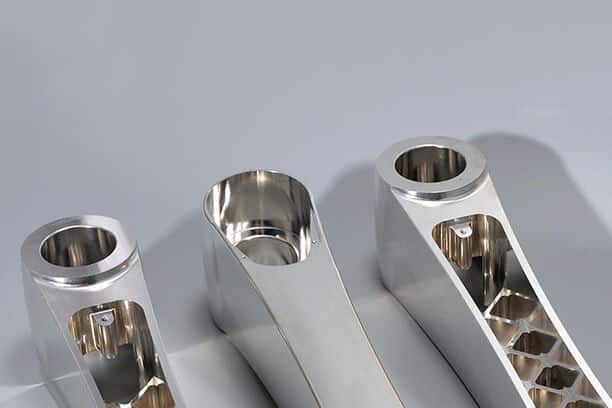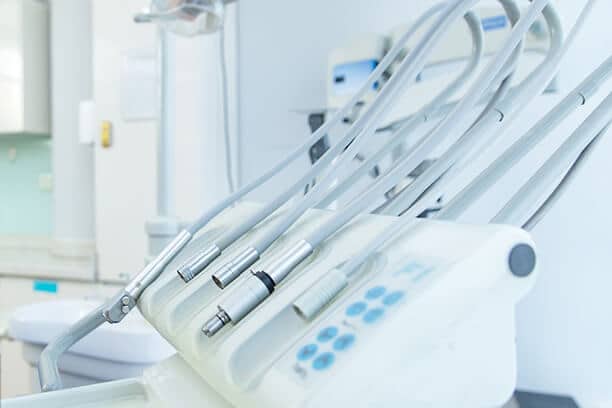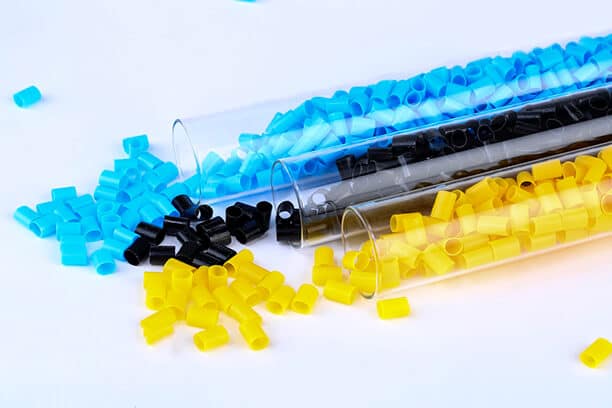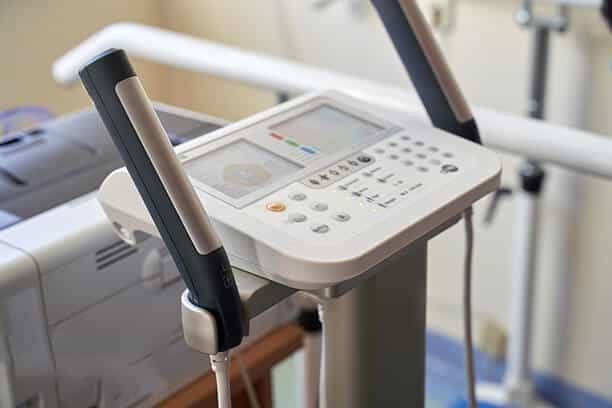Items manufactured by CNC machining include various surgical instruments used in medical surgeries, such as cannula needles (piercing devices), bone drills, and saws. When using CNC machining, parts are usually milled with 3 to 5 axes or lathed with live tool CNC lathes. The most common types of machines used in the manufacturing process of medical parts include CNC milling, CNC turning, and drilling. Acknowledging the necessary requirements for these precision machining processes has a direct impact on the performance of the final parts. Hence, this article lists the requirements for the processing of medical device components for your reference.
Requirements for the Machining System
Medical device machining equipment needs to be able to process small and complex parts made from difficult-to-machine materials with high precision requirements, such as the intricate procedures of processing replacements for bones and joints; due to the poor cutability of some raw materials, the blanks are usually bar stock — which means a large amount of metal needs to be removed.
Medical device parts require high standards for workpiece materials, precision, and surface gloss, which demand high reliability of the processing system; thus, it also sets exceptionally high requirements for CAM software, machine tools, fixtures, tools, and so on.
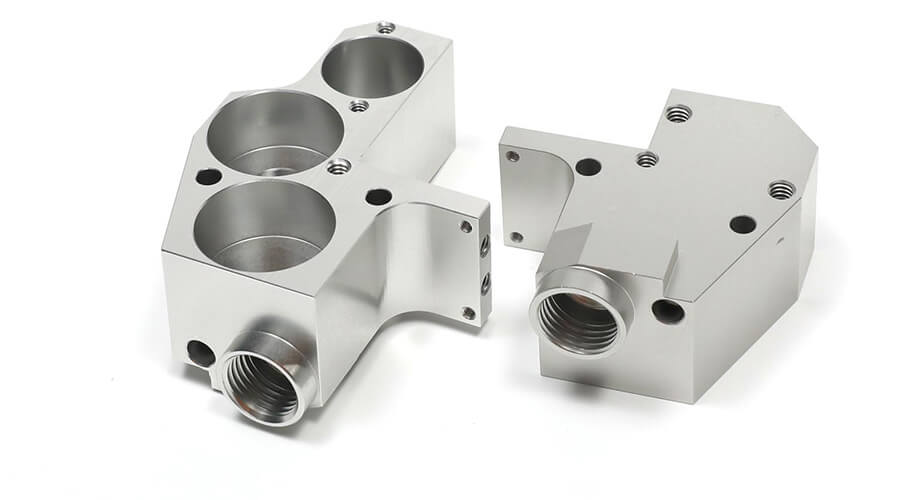
Requirements for the Tools
Reliability and high quality are paramount in medical components machining, so the medical device industry has created new requirements for precision tools. Materials with low machinability, complex shapes, and small batch CNC production with high repeatability pose high demands on the tools used for processing medical device components.
Due to its lightweight, high strength, and high biocompatibility, titanium alloy 6Al-4V is the most common material used for medical devices components making. About 90% of medical device parts are supported by Ti6Al-4V alloy. When machining titanium alloys, it’s easy to generate thin chips and forms a relatively small contact area on the tool, and work hardening will exist. In addition, the high cutting forces during the machining process, combined with the frictional forces when the chips are flowing, will collectively lead to excessive local cutting heat on the tool. Meanwhile, the poor thermal conductivity of titanium alloys makes it difficult for machining heat to be dissipated swiftly.
Tolerances in the micron range are common in the medical industry. Selecting the correct tool requires sharp insights and abundant experience. On one hand, even for drilling small holes, lubricants need to be used to reduce friction, quickly dissipate heat, and clean fine iron chips at the cutting edge; on the other hand, when producing advanced medical device components(burr-free), sharp and smooth-running cutting tools are required to achieve high-quality surfaces.
- Tool design: from the perspective of the workpiece itself, medical components that are implanted into the human body first require extremely high surface smoothness and high precision and cannot have any deviation; this requires tool designs from blade structure to blade coating to meet strict processing requirements.
- Tool structure and rigidity: advanced machining equipment like Swiss automatic lathes, multi-spindle machines, and rotary worktables are totally different from traditional machining centers and lathes, their size is very small, and the structure is very compact. In line with these requirements, the structure of the tool also needs to be designed specially, with an expectation that the tool needs to be small in size, while still ensuring the rigidity of the tool.
- Processing efficiency: the most paramount aspect for medical devices is the processing efficiency, or rather, the processing beat, requiring blade replacement in the shortest possible time.
Custom Medical Device Parts Manufacturer – Runsom Precision
In the new wave of global economic integration, the global manufacturing shift towards the mainland China region is an inevitable trend. As a modern precision component manufacturer in China, Runsom Precision, with CNC machining as its core technology, owns a physical factory, testing equipment, and integrates rapid prototyping, mold, post-processing, and other associated manufacturing resources. We deliver a wide range of precision parts including medical device components, robot accessories, automobile accessory prototypes, and automation equipment accessories, providing customers with rapid prototyping, small and medium batch production, and trial assembly, truly conferring you worry-free one-stop services. Get an instant quote to start your projects now!
Other Articles You May Be Interested in:

